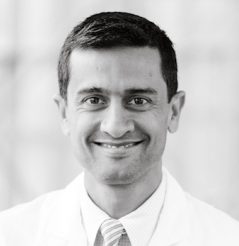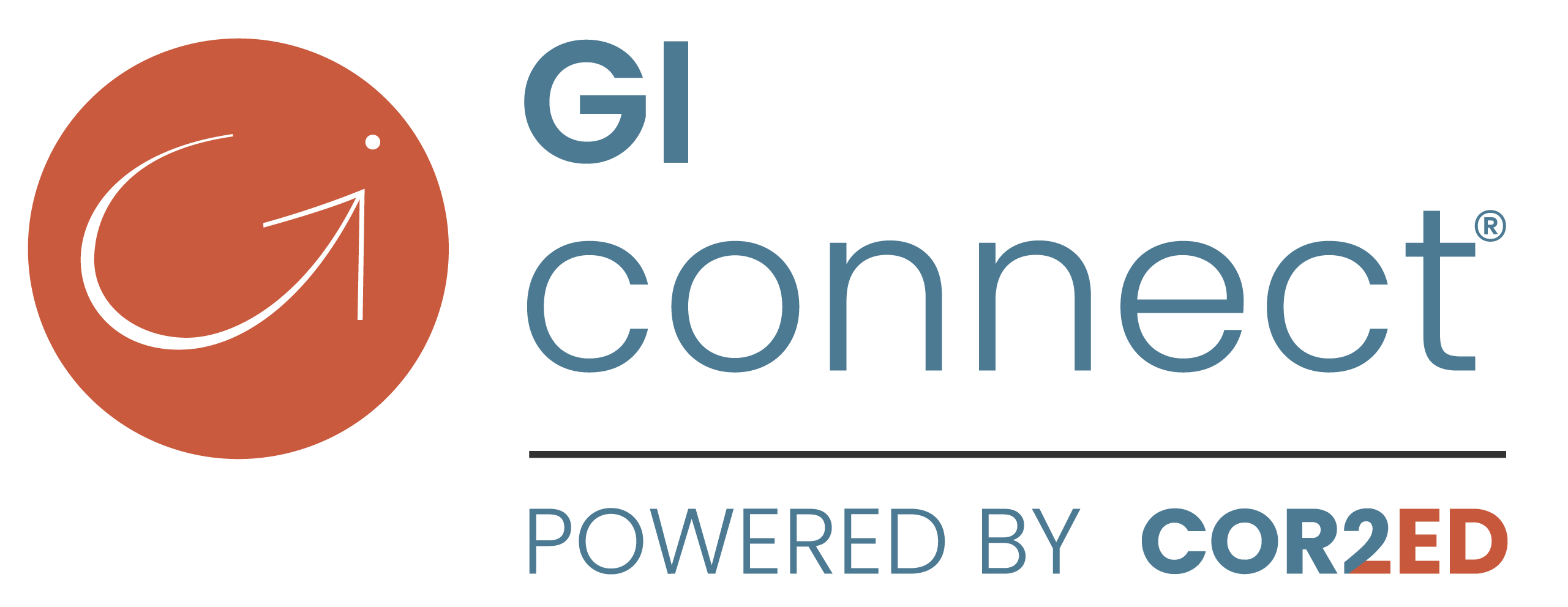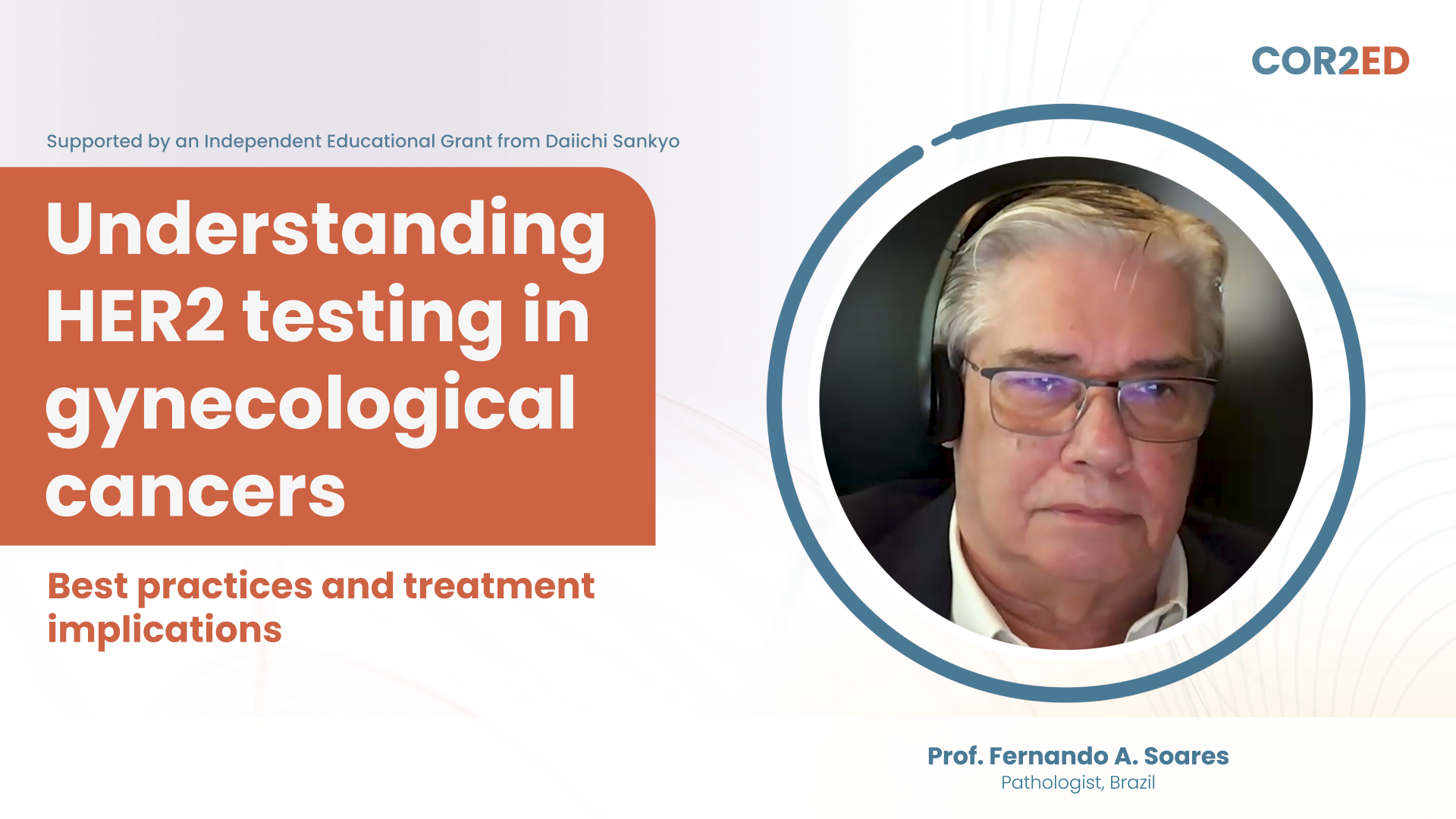Dr Thomas Winder, Prof. Sebastian Stintzing and Dr Shubham Pant debate the clinical question ‘What are the pros and cons of adjuvant treatment in stage II colorectal cancer?’
Dr. Shubham Pant is a Professor in the Department of Gastrointestinal (GI) Medical Oncology with a joint appointment in the Department of Investigational Cancer Therapeutics (Phase I Center) at The University of Texas MD Anderson Cancer Center. Dr. Pant is recognised as an international expert in GI cancers with an emphasis on pancreatic and biliary cancers and Phase 1 trials.
Dr. Pant's research focuses on novel immunotherapeutic approaches and targeted therapies in GI cancers, including devising novel ways to target the KRAS mutation. He has been the lead/co-lead of several global practice-changing studies, including 'Zanidatamab for HER2-amplified, unresectable, locally advanced or metastatic biliary tract cancer (HERIZON-BTC-01): a multicenter, single-arm, phase 2b study'; 'Adagrasib in advanced solid tumors harboring a KRASG12C mutation' and 'Erdafitinib in patients with advanced solid tumors with FGFR alterations (RAGNAR): an international, single-arm, phase 2 study'; amongst others. He has over 100 peer-reviewed publications and has published in high-impact journals, including The Lancet, Lancet Oncology, and Journal of Clinical Oncology. He is frequently invited to present his research at national and international meetings. He collaborates on numerous grants, including R01 and SPORE grants funded by the National Institute of Health. Dr. Pant serves on the National Cancer Institute (NCI) Pancreas Task Force and the Pancreatic Cancer Action Network's (PanCan) Scientific and Medical Advisory Board. He also helped draft the American Society of Clinical Oncology (ASCO) Metastatic Pancreatic Cancer Guidelines, which provide evidence-based recommendations for physicians. He is also the editor of the book Pancreatic Cancer: Current Therapeutics and Future Directions (Publisher: Springer).
Alligator Bioscience, Amal Therapeutics, Arcus, AskGene Pharma, Astellas, AstraZeneca, BioNTech, Boehringer Ingelheim, BPGBio, Bristol-Myers Squibb, Elicio, Framewave, Immuneering, ImmunoMET, Ipsen, Janssen, Jazz, Lilly, Mirati Therapeutics, NGM Pharmaceuticals, Nihon Medi-Physics Co, Ltd, Novartis, Pfizer, Revolution Medicine, Theriva Biosciences, USWorldmeds, Zymeworks
Dr Thomas Winder is board certified for haematology and medical oncology. Since January 2020 he has been Head of the Department for Haematology and Oncology at the University Teaching Hospital Feldkirch, Austria. In addition, since 2017 he has been President of the Swiss Tumor Molecular Institute in Zürich Switzerland. Dr Winder’s research focuses on molecular markers to individualize medical treatment of cancer patients. He achieved his expertise in internationally renowned laboratories at University of Southern California, Norris Comprehensive Cancer Center, Los Angeles and University Hospital Zürich, Switzerland. His research activity has been honoured by several national and international awards and high impact publications.
Sebastian Stintzing (M.D.), Professor of Medicine, is Head of the Department of Hematology, Oncology and Cancer Immunology (CCM), Charité - Universitaetsmedizin Berlin. His research focuses on the treatment of GI cancer with a special focus on colorectal cancer. From 2012 to 2014, he was a research fellow at the Sharon Carpenter Laboratory at the University of Southern California Norris Comprehensive Cancer Center, Los Angeles, U.S.A. He coordinated the translational part and assisted the clinical study conduct of several studies and earned his Postdoctoral Lecture Qualification with a thesis on prognostic and predictive factors in the treatment of metastatic colorectal cancer. In 2012, he received the prestigious Research Fellowship Award from the German Cancer Aid in Germany. Prof. Stintzing is member of national and international cancer associations, member of the German S3 Guideline committee for colorectal cancer, and member of the steering committee of the working group Colorectal Carcinoma of the German AIO.
AMGEN, AstraZeneca, Bayer, BMS, CV6, Eisai, Isofol, Lilly, Merck KGaA, MSD, Pierre Fabre, Roche, Sanofi, Taiho, Takeda
Other programmes of interest
ADCs in HER2+ metastatic breast cancer and management of adverse events
Consensus-based guidance for clinicians and patients
Understanding HER2 testing in gynecological cancers
Best practices and treatment implications
ER+/HER2- metastatic breast cancer: Highlights from the APBCS 2026 Satellite Symposium
Experts discuss 2L+ treatment strategies in endocrine therapy-eligible patients
Experts
Dr Mastura Md Yusof, Dr Hope S. Rugo, Prof. Matteo LambertiniMetastatic breast cancer: Understanding HER2-low and HER2-ultralow classification
A novel therapeutic framework
Experts
Dr Komal Jhaveri, Oncology Brothers (Moderators)Thriving beyond an EP-NEC diagnosis
Perspectives on treatment and care






 Downloadable
Downloadable  20 MIN
20 MIN
 Feb 2026
Feb 2026 






